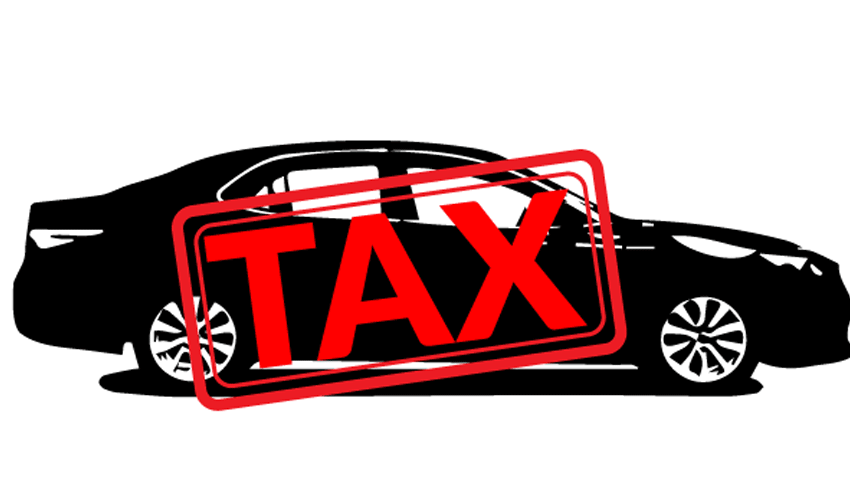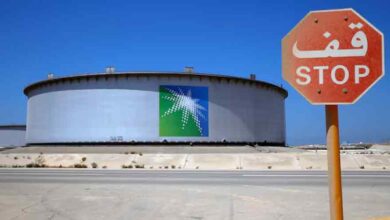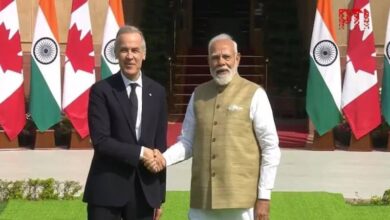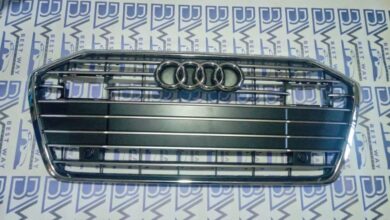The federal government has introduced a new tax on petrol and diesel vehicles as part of the Budget 2025–26, targeting all internal combustion engine (ICE) vehicles — both locally manufactured and imported.
According to the Finance Bill 2025–26, a fixed levy will now be charged on ICE vehicles based on engine capacity, with the rate applied as a percentage of the vehicle’s total price.
The levy will be collected from manufacturers and importers at the source, though it is widely expected that the additional cost will ultimately be passed on to consumers.
As per the government’s classification, vehicles with engines:
-
Under 1300cc will attract a 1% levy
-
1300cc to 1800cc will face a 2% levy
-
Above 1800cc will see a 3% levy applied
An additional 1% levy will also be uniformly applied across all engine sizes, raising concerns of a compounded price hike for car buyers.
While the new policy affects all ICE vehicles, industry insiders believe that higher-end and imported cars will bear the brunt of the tax, potentially leading to a noticeable increase in their retail prices. This, experts warn, could have a dampening effect on sales volumes in the short term.
The country’s auto sector, already reeling from high production costs, restricted imports, and a dip in consumer demand, now faces yet another challenge. Industry stakeholders argue that while the levy might be minimal in percentage terms, the absolute cost increase for mid- to high-end cars could be significant, making vehicle ownership even more unaffordable for many.
“The levy may seem modest on paper, but when applied to vehicles in the 1800cc and above category — particularly those imported — the impact on final prices will be substantial,” said a senior executive at a leading auto manufacturer.
EV policy on the horizon?
The new tax is also being interpreted as a signal of the government’s intent to promote hybrid and electric vehicle (EV) technologies. Experts say that by imposing levies on conventional fuel-powered vehicles, the government may be paving the way for an eventual policy shift toward greener transportation.
However, they caution that without adequate investment in EV infrastructure — such as charging stations, battery supply chains, and consumer incentives — the transition could remain sluggish. “If this levy is to be an effective nudge toward electrification, it must be backed by robust infrastructure development and clear incentives for EV buyers,” said auto policy analyst Faheem Ahmed.
The announcement comes at a time when Pakistan’s car production has seen historic lows, with localized manufacturers reducing output and some international brands suspending operations altogether due to uncertain regulatory and economic conditions.











